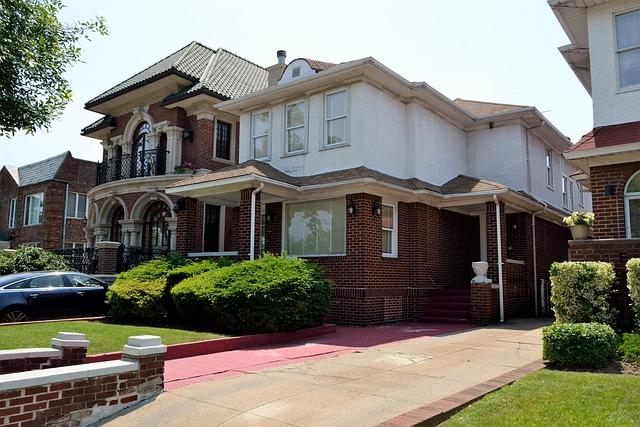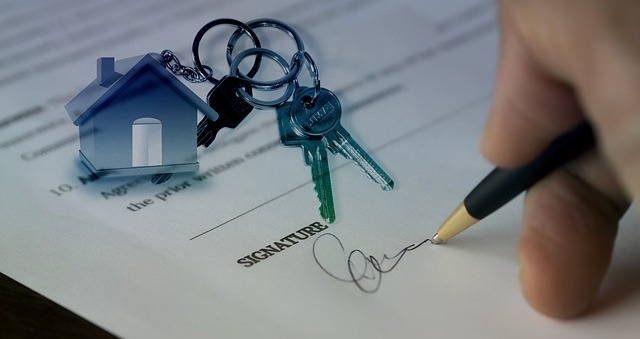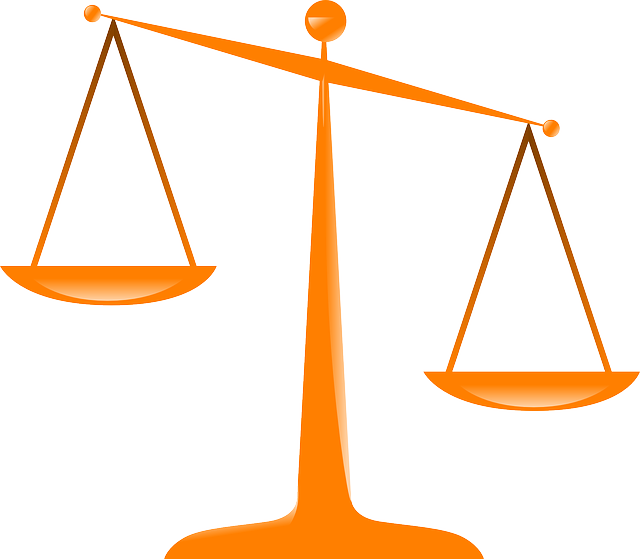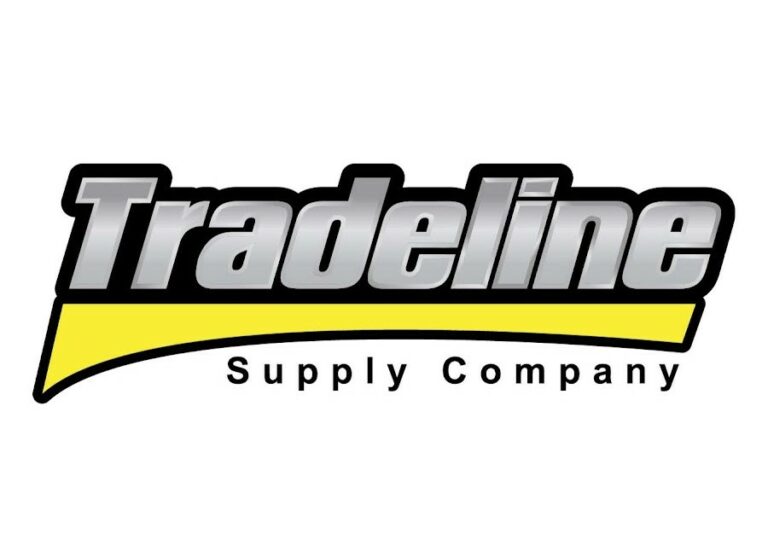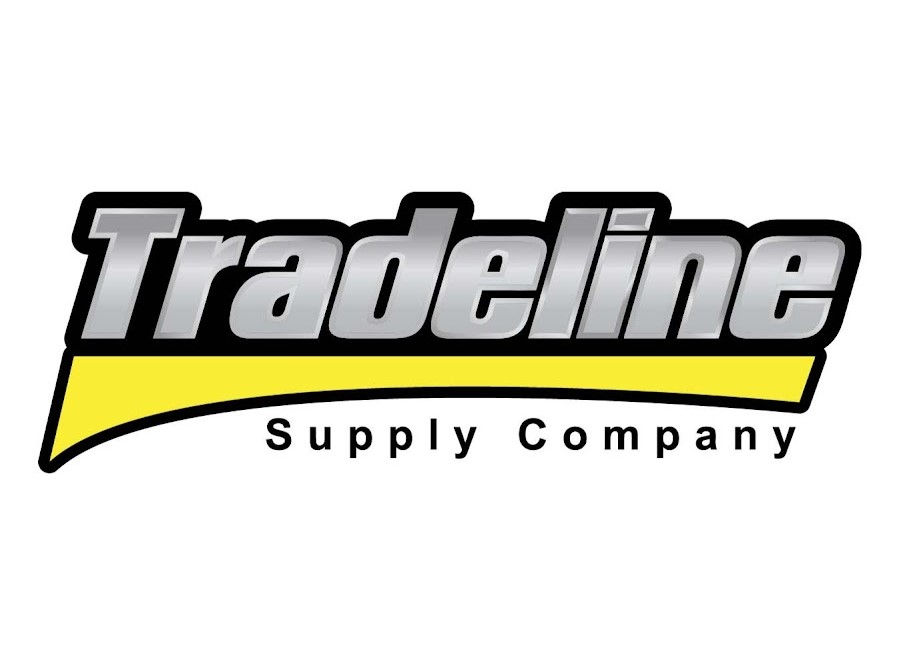What is a Hard Money Loan?
Hard money loans are alternative financing options provided by private individuals or companies. They offer quick funding for real estate deals. Unlike traditional bank loans, hard money loans stand out due to their speed, flexibility, and different qualification requirements.
These loans typically have shorter durations, ranging from a few months to a few years. The interest rates on hard money loans are usually higher than those offered by banks, reflecting the lender’s increased risk. Hard money lenders tend to require lower loan-to-value ratios compared to traditional lenders.
One key benefit of hard money loans is their ability to provide rapid access to funds. This is particularly advantageous for borrowers who need to secure financing quickly for time-sensitive real estate transactions or investment opportunities. Borrowers can avoid the lengthy approval processes associated with traditional bank loans.
Examples of Hard Money Loans
- Bridge Loans.
- Fix-and-Flip Loans.
- Construction Loans.
How do Hard Money Loans work?
Hard money loans are a type of short-term financing product typically used in real estate deals where traditional financing may not be an option. These loans are secured by the value of the investment property being purchased rather than the borrower’s creditworthiness. This makes it a viable solution for investors who can’t qualify for traditional loans.
One key aspect of hard money loans for real estate deals is the concept of after-repair loan-to-value (ARLTV) or simply after-repair value (ARV). This ratio determines the maximum amount a lender is willing to lend based on the property’s expected value after it has been repaired or renovated. Typically, lenders only provide a percentage of this post-repair value, ranging from 50% to 70%.
The terms of hard money loans are usually shorter than traditional mortgages, often ranging from six months to a few years. Interest rates are typically higher than traditional loans to compensate for the increased risk to the lender. Borrowers should be prepared to provide a significant down payment and have a solid plan for repaying the loan, whether through refinancing, selling the property, or other means.
Hard money loans can be useful for real estate investors looking to quickly finance a project or purchase a property that may not qualify for traditional financing. However, borrowers should carefully consider the terms and potential risks associated with these types of loans before proceeding.
What does a Hard Money Loan with 100% Financing mean?
When it comes to hard money loans with 100% financing, the lender is willing to provide the borrower with the total amount needed to purchase and rehabilitate a real estate property. This type of financing can benefit investors who may not have the capital to cover these costs themselves.
By offering 100% financing, the lender takes on more risk, but it also opens up opportunities for borrowers to acquire and improve properties without having to come up with a significant amount of money upfront. It’s essential for borrowers to carefully consider the terms and conditions of these loans, as they typically come with higher interest rates and fees than traditional financing options.
In general, there are three main components of a hard money loan costs:
- Purchase price: This is the cost of purchasing the property at its current value.
- Repair costs: Expenses related to rehab and repair, including contractor fees, renovations, and cosmetic repairs.
- Closing costs: Refers to loan closing fees, property title fees, insurance premiums, etc.
True 100% financing would provide the funding for all three categories of expenses. However, finding a lender willing to pay 100% of all three is rare.
After Repair Loan-to-Value
Lenders typically only consider offering 100% financing on a hard money loan if the After Repair Loan to Value (ARLTV) is less than 75%. This means that the lender will only provide the total financing needed for a project if the projected value of the property after repairs is significantly higher than the loan amount. This requirement helps mitigate the lender’s risk and ensures that the borrower has enough equity in the property to secure the loan.
100% Financing for Repair Costs
It’s more common to find hard money lenders willing to provide 100% financing on repairs but only 70%- 90% of the purchase price. The investor would fund the other 10% -30% of the deal.
What are the Best Hard Money Lenders?
Hard money lenders are individuals or companies that provide short-term, high-interest loans secured by real estate. They typically lend based on the value of the property rather than the borrower’s creditworthiness, making them a popular option for real estate investors looking for quick financing.
Finding the best hard money lender for your project depends on your specific needs and experience. Most lenders prefer working with investors with a record of successfully completing real estate deals.
Here’s our list of some of the best hard money lenders to consider.
Kiavi
Kiavi (formerly LendingHome) is a reputable hard money lender that offers loans ranging from $10,000 to $2.5 million (up to $3 million for new construction). It offers up to 95% of the purchase price and 80% of the after-repair value.
Obtaining a loan from Kiavi is relatively straightforward – borrowers can apply online and receive a decision within a few days. Qualifications for borrowers typically include a minimum credit score of 550, a down payment of at least 10%, and the ability to demonstrate the property’s value and potential for return on investment.
Patch of Land
Patch of Land is a hard money lender that provides loans ranging from $100,000 to $5 million for real estate investment projects. Borrowers can apply online and receive funding in as little as 7 days.
Patch of Land offers competitive interest rates and flexible terms for experienced real estate investors. Qualifications for borrowers include a minimum credit score of 620, a down payment of at least 20%, and a detailed project plan outlining the scope of work and expected returns.
Lima One Capital
Lima One Capital is a reputable hard money lender that offers various loan types to real estate investors. They provide fix-and-flip loans, rental loans, and new construction loans with competitive terms. The loan-to-value (LTV) ratio typically ranges from 65% to 75%, allowing investors to leverage their investments effectively.
Interest rates offered by Lima One Capital vary depending on the type of loan and the borrower’s qualifications but generally fall between 7% and 12%. To qualify for a loan with Lima One Capital, investors must have a minimum credit score of 600, demonstrate experience in real estate investing, and provide a solid exit strategy for the property.
RCN Capital
RCN Capital offers various loan types to meet the needs of real estate investors. They provide fix and flip loans, rental property loans, cash-out refinancing, and bridge loans. The loan-to-value (LTV) ratio for RCN Capital typically ranges from 65% to 75%, depending on the type of loan and the borrower’s qualifications.
Interest rates for their hard money loans generally start at around 7.99% and can go up based on factors such as the borrower’s credit score and the property’s location. To qualify for a loan with RCN Capital, borrowers typically need a minimum credit score of 600, a down payment or equity in the property, and proof of income to demonstrate their ability to repay the loan.
Visio Lending
Visio Lending is a private lender specializing in providing residential real estate investors loans. They offer a range of financing options, including bridge loans, rental loans, and fix-and-flip loans.
Visio Lending prides itself on offering competitive rates, fast approvals, and excellent customer service to help investors grow their real estate portfolios. With a focus on transparency and flexibility, Visio Lending aims to provide tailored financing solutions to meet each investor’s unique needs.
How do you get a Hard Money Loan?
If you are considering getting a hard money loan, here is a detailed step-by-step guide to help you through the process:
- Research and find a reputable hard money lender: Start by researching different hard money lenders in your area or online. Look for lenders with a good reputation, experience in the industry, and favorable terms.
- Contact the lender and inquire about their loan requirements: Contact the lender and discuss your financing needs. Inquire about their loan terms, interest rates, fees, and any specific requirements they may have.
- Submit a loan application: Once you have chosen a lender, you must complete a loan application. Be ready to provide detailed information about the property you want to purchase, your financial situation, and other relevant details.
- Provide documentation: The lender will require documentation to verify your income, assets, and credit history. This may include bank statements, tax returns, pay stubs, and information about the property.
- Get the property appraised: The lender will typically require an appraisal of the property to determine its value. This helps them assess the risk of the loan and decide on the loan amount.
- Review and sign the loan agreement: Once your application is approved, the lender will provide a loan agreement outlining the loan terms. Review the agreement carefully, ask questions, and sign the document if you agree to the terms.
- Close the loan: Finally, you must sign all necessary paperwork and pay any closing costs or fees. Once the loan is closed, you will receive the funds to purchase the property.
What are the benefits of Hard Money Loans?
Hard money loans provide rapid funding for real estate transactions, offering a quicker alternative to traditional lenders. This speed is crucial in competitive markets where securing financing promptly is essential for deal success.
These loans are accessible to borrowers with imperfect credit, unlike traditional bank loans, which often require pristine credit histories. Additionally, hard money loans offer flexible terms and financing options, including the potential for 100% financing, easing the financial burden on borrowers.
While interest rates are typically higher than a traditional loan, the quick approval process and flexibility in lending criteria make hard money loans valuable for investors seeking short-term or bridge financing for their projects. Investors rely on hard money loans for swift access to funds to capitalize on time-sensitive opportunities and as a lifeline during critical project stages.
What are the drawbacks of Hard Money Loans?
Hard money loans typically carry higher interest rates compared to traditional lenders. This makes them more expensive for borrowers over time. Borrowers may find it challenging to keep up with the larger loan payments due to the short loan terms. These shorter terms can be stressful for those seeking financing options.
One of the significant drawbacks of hard money loans is their limited financing options. Unlike traditional lenders, hard money loans may not provide full financing. Borrowers often need to come up with a significant amount of money upfront. This requirement can pose a hurdle for individuals looking for complete financial support.
A significant risk associated with hard money loans is the potential loss of collateral. If borrowers fail to repay the loan, they risk losing their collateral, which could be a valuable asset like real estate. This risk adds pressure on borrowers, as they must ensure timely repayment to avoid losing their assets.
Hard Money Loan Pros & Cons
Pros:
- Quick approval process.
- Access to funding for real estate investments.
- Less emphasis on credit score
- Flexible repayment terms.
Cons:
- Higher interest rates compared to traditional loans.
- Shorter loan terms lead to higher monthly payments.
- Potential for higher fees and closing costs.
- Risk of losing the collateral if unable to repay the loan.
What steps can I take to get 100% Financing on a Hard Money Loan?
Here are a few steps that can improve your chances of getting a hard money loan with 100% financing.
Establish Success in Real Estate Deals
Most hard money lenders prefer working with investors who have success in closing real estate deals. The more expertise you can provide, the better your chances of getting 100% financing.
Improve Creditworthiness
To secure 100% financing on a hard money loan, start by improving your credit score. Pay bills on time and reduce outstanding debts. A good credit score can help improve 100% financing options.
Save for a Down Payment
Consider saving for a down payment, even if you aim for 100% financing. Lenders may view this positively and increase your chances of approval.
Research Lenders
Research different lenders offering 100% financing on hard money loans. Compare interest rates, terms, and eligibility criteria before making a decision.
Prepare Documentation
Gather all necessary documentation, such as income statements, tax returns, and credit reports, to demonstrate your financial stability.
Negotiate Terms
When negotiating with lenders for 100% financing, be prepared to discuss terms such as interest rates, repayment schedules, and any additional fees.
Seek Professional Advice
Consider seeking advice from financial advisors or real estate professionals to help you secure 100% financing on a hard money loan.
Frequently Asked Questions
Here are the most common questions about hard money loans with 100% financing.
How does a Hard Money Loan compare to a traditional mortgage?
Hard money loans generally feature higher interest rates than a traditional mortgage used in personal finance. This difference in interest rates can significantly impact the overall cost of borrowing.
The speed of funding is where hard money loans shine. Borrowers often opt for hard money loans due to their quick funding process, which can be crucial for time-sensitive real estate transactions.
Regarding borrower qualifications, traditional lenders such as banks have stringent criteria that borrowers must meet. In contrast, hard money lenders prioritize the property’s value over the borrower’s financial history.
Repayment terms are another critical distinction between hard money loans and traditional mortgages. Hard money loans typically have shorter terms, usually as bridge financing for specific real estate deals.
Are Hard Money Loans a good idea?
Hard money loans can be a good idea for borrowers who need short-term financing or have difficulty qualifying for bank loans. Real estate investors often turn to hard money loans for fix-and-flip projects that require fast access to capital or when they do not meet traditional lenders’ requirements. Hard money loans provide a viable alternative in such situations.
However, borrowers need to understand the risks associated with hard money loans. While they offer quick funding and flexibility, these advantages come at a cost. Hard money loans usually have higher interest rates and shorter loan terms than traditional bank loans. Borrowers must carefully evaluate whether the benefits outweigh the risks before opting for a hard money loan.
What’s the difference between a Hard Money Loan and a Hard Money Real Estate Loan?
When it comes to financing options in the real estate industry, you may come across the terms “hard money loans” and “hard money real estate loans.” However, these two terms refer to the same product despite the different names.
Both terms are used interchangeably to describe a type of loan that is secured by real property. Hard money loans are typically used by real estate investors or individuals who need quick access to funds with less stringent requirements than traditional bank loans.
Can I get a Hard Money Business Loan?
Hard money loans can be used as business loans, although it is less common. Hard money business loans are typically used by small businesses or entrepreneurs who may not qualify for traditional bank loans due to factors like poor credit history, cash flow, or a lack of established financials. These loans are secured by the borrower’s business assets, such as equipment or inventory, rather than real estate property.
Do Hard Money Loans require a down payment?
It’s fairly common for hard money lenders to require a down payment ranging from 10% to 30% of the property’s value. However, that’s not always the case. The specific down payment requirement depends on the real estate deal, the borrower’s experience and creditworthiness, and the lender. Some lenders offer 100% financing, but qualifying can be more challenging.
Borrowers can use various methods to fund down payment requirements. Examples include personal loans, business credit cards, personal savings, or family and friends.
Can I purchase Commercial Real Estate with a Hard Money Loan?
Yes, you can use a hard money loan to purchase commercial real estate properties. These loans offer flexibility that traditional lenders often lack, making them attractive for such deals. While traditional lenders like banks have strict criteria and lengthy approval processes, hard money loans provide a quicker alternative for purchasing commercial properties.
One of the main advantages of using hard money loans for commercial real estate transactions is the speed at which funding can be secured. Unlike traditional lenders, which may take weeks or months to approve a loan, hard money lenders can provide financing in days. This quick turnaround is beneficial for business owners looking to close deals promptly.
Moreover, hard money loans are ideal for small business owners seeking to rapidly expand their commercial real estate portfolio. These loans allow borrowers to access funds without extensive paperwork and stringent credit requirements typically imposed by traditional lenders. For small business owners, this accessibility to quick financing is crucial in seizing profitable real estate deals.
Compared to traditional lenders, hard money loans offer more flexibility regarding loan approval criteria. While banks focus heavily on credit scores and financial history, hard money lenders primarily assess the value of the property being purchased. This makes it easier for borrowers with less-than-perfect credit to secure financing for commercial real estate ventures.
Are Hard Money Loans only for Bad Credit?
No, hard money loans are not exclusively for individuals with bad credit. They are commonly used by real estate investors who need quick financing or may not qualify for traditional loans for various reasons beyond credit scores.
Hard money loans differ significantly from traditional lenders in various ways. Unlike bank loans, hard money loans rely more on the property value than the borrower’s credit score. For this reason, they’re a viable option for borrowers of all credit levels.
Hard Money Loans with 100% Financing – Final Thoughts
Hard money loans with 100% financing can be valuable for real estate investors looking to secure funding quickly and efficiently. While these loans typically come with higher interest rates and shorter terms, they can provide the necessary capital to jumpstart a project or investment opportunity.
However, it’s important to remember that getting true 100% financing may be difficult. In most cases, lenders require you to invest 10% – 30% of the property’s purchase price. Understanding the risks and benefits of hard money loans helps investors make informed decisions to achieve their financial goals. It’s essential to conduct thorough research, work with reputable lenders, and have a solid repayment plan to maximize these financing options’ benefits.
Contact us if you have more questions about hard money loans or to apply for a small business loan. Our alternative business financing experts can help you find the best funding options for your commercial real estate or business goals.


